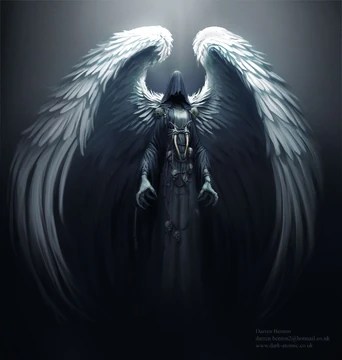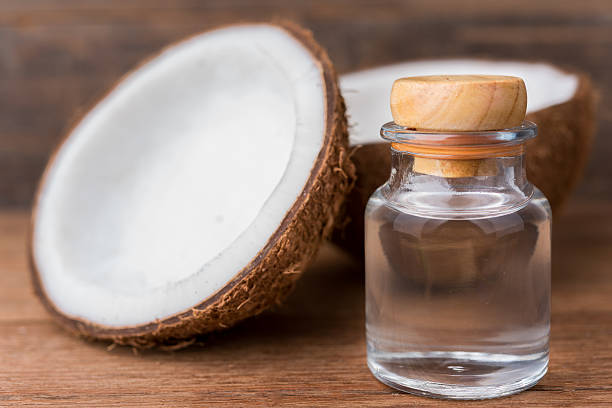THE DEATH DRIVE

A prominent quote from Emily Dickinson reads : “ Because I could not stop for death, he kindly stopped for me”.
It would seem natural that a person would fight tooth and nail to stay alive. Our instinct for self preservation that appears to be programmed into our very being, would dictate this, yet we see so many cases of self destruction that it boggles the mind.
Austrian neurologist Sigmund Freud spoke about two opposing forces, he labeled them Eros, the life drive and Thanatos the death drive. This death drive expresses itself in an irrational self slaughtering manner .
Some mentally repeat traumatic experiences, engage in violence toward others and show a masochistic tendency to undermine one’s health.
They long for death in such a manner that they not only stop for him, but also invite him for a few drinks.
We may ask: Why would individuals pine for self annihilation? We may see and feel the answer in the sufferings of our own existence and that of others. This alone can explain the yen for the return to the inorganic state called death.
Maybe our brother death isn’t so bad after all, in fact in many instances, he is the most sought after guest. Like a video game, we wish that we can reset after a life gone wrong. Incurable diseases, recurring diseases, cancer, accidents, the pain of others added our own incessant pain, war and trauma, loss on all levels, guilt, shame, destroyed reputations and relations, the rot of a lifetime of corporeal and psychological wear and tear and loneliness plague us endlessly.
These are just a few sweet treats to anticipate on this hell stone. Why not look forward to the eternal calm? We think that these disasters belong to others and we hold on to longevity as though it is the holy grail and death is the enemy. Quite often it is the reverse. What is even more incomprehensible is the push to propagate the species knowing fully well the extreme pain and suffering that awaits.
This philosophy of life being an incessant preponderance of suffering is not new. The Buddha held that suffering is the center of life here. He sought enlightenment so that he would never have to return. The Romanian philosopher Emil Cioran was obsessed by suicide. He saw life as an unbearable experience. He expressed it as a plague to be endured. In his book, “The Trouble With Being Born” he claimed that “ If death is as horrible as is claimed, how is it that after the passage of a certain period of time, we consider happy, any being, friend or enemy, who has ceased to live? ”
He said , in what can be considered a bit of dark humour, that it is not worth the bother of killing yourself, since you always kill yourself too late.
Arthur Schopenhauer the German Philosopher also acknowledged that life’s suffering far outweighs its pleasures and that we are better off not being born or existing here.
David Benatar an “Antinatalist ” says in his book “ Better Never To Have Been” that it is highly immoral to give birth to new beings on this planet, and that the very act accompanies serious harm. He says “ We infrequently contemplate the harms that await any newborn , child pain, disappointment, anxiety, grief and death”.
Albert Camus the journalist also cited, “There is but one truly serious philosophical problem and that is suicide. Judging whether life is or is not worth living amounts to answering the fundamental question of philosophy”.
If death affords us such relief, isn’t it something to embrace? Maybe this Thanatos is something that is also built into us just as the self preservation drive. We have noticed in our own lives people who self destruct. They consume copious amounts of drugs and alcohol as a means of escape. They risk poisoning and other health problems. Isn’t it strange that we prefer to listen to sad songs when we are in a state of despair, instead of looking for more upbeat music. It is as though we seek to relive the trauma in an attempt to self destruct.
As we see, Eros, which also expresses itself in a certain hierarchy of needs for survival, is not the only force that drives us. Thanatos is also etched into our makeup. Great thinkers have pointed it out. Life is suffering, and as Cioran asserted, “ Life inspires more dread than death. It is life which is the great unknown”.




